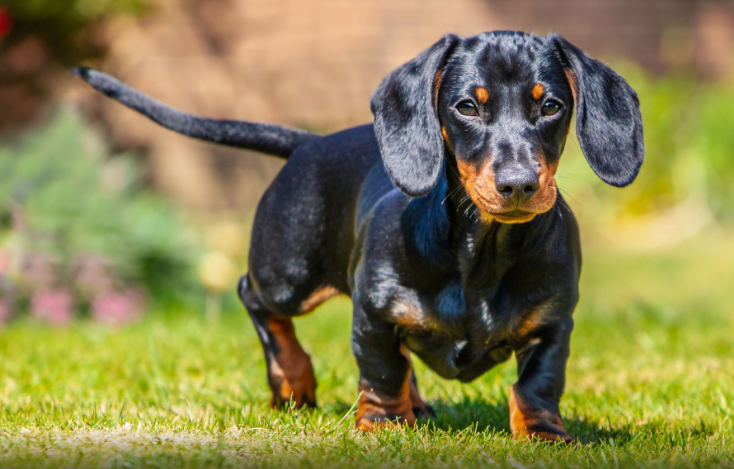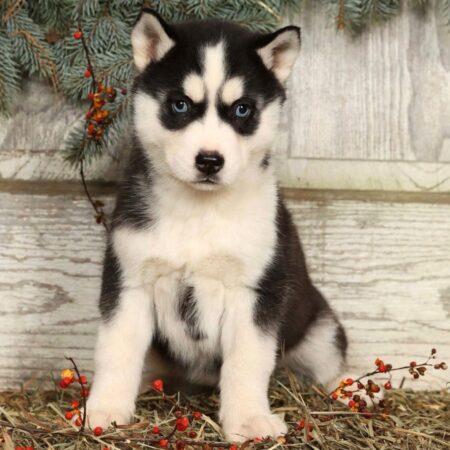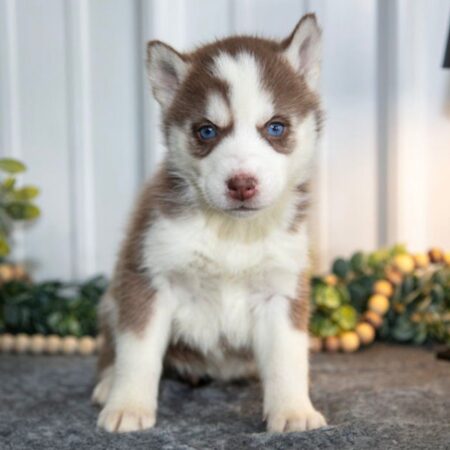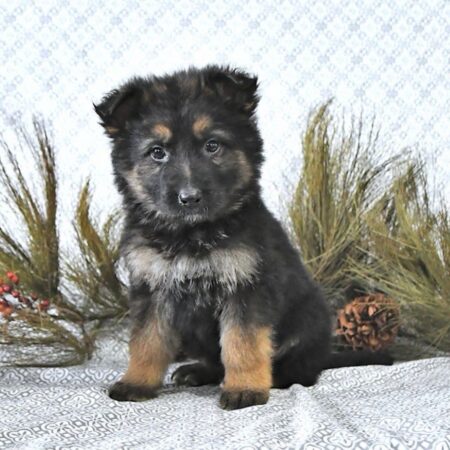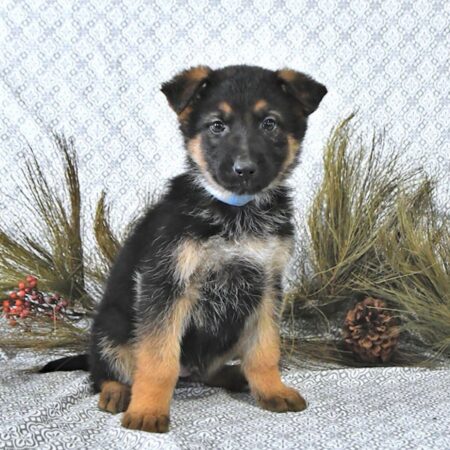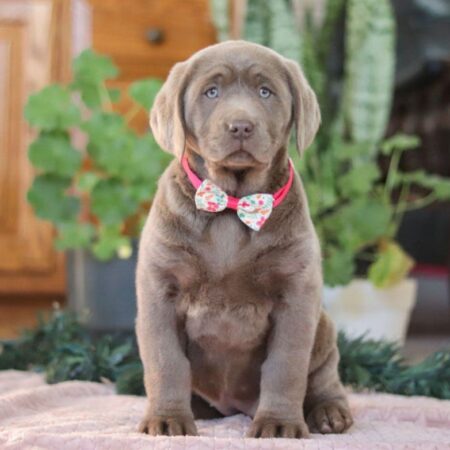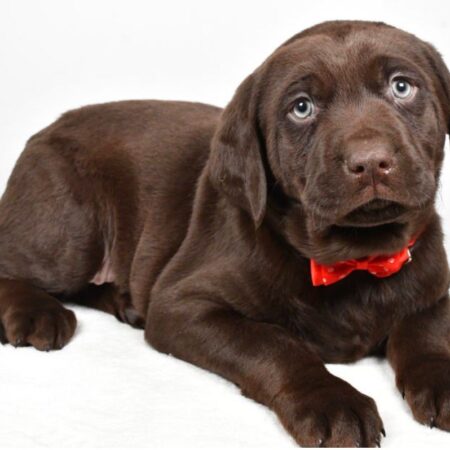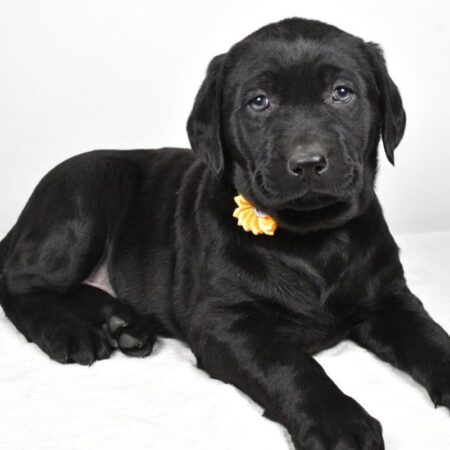The Miniature Dachshund is far more than just its iconic shape; it possesses a vibrant and complex personality that is a delightful mix of bravery, curiosity, and boundless affection. Despite their diminutive stature, these dogs carry themselves with an air of bold confidence, often forgetting their small size, a trait stemming from their badger-hunting ancestry. They are incredibly loyal and devoted to their families, forming strong bonds that make them exceptional companions.
Beneath their tenacious exterior, Miniature Dachshunds are deeply affectionate and enjoy snuggling close with their loved ones. They are highly intelligent, playful, and can be quite comical, bringing endless entertainment to a household. However, this intelligence is often coupled with an independent and sometimes stubborn streak, which can make training an interesting challenge. They possess a natural alert system, often barking to signal the arrival of strangers or unusual sounds, a remnant of their historical role as watchdogs. While this can be managed with proper training and socialization, prospective owners should be aware of their potential for vocalization. Early exposure to various people, places, and sounds is crucial to foster a well-adjusted and confident adult dog, helping to prevent excessive shyness or reactivity. Their mischievous side means they’re always keen to explore, often with their nose leading the way, and they thrive on engaging interaction with their human companions.
